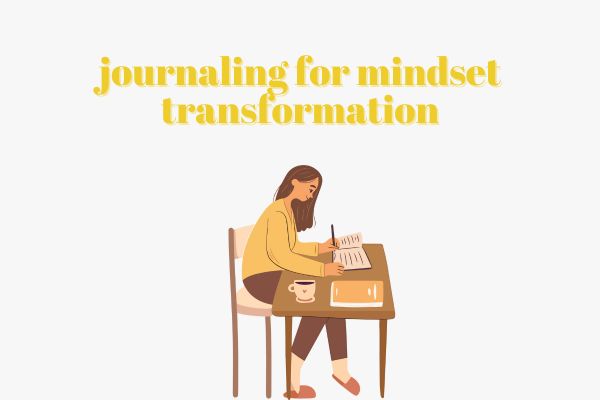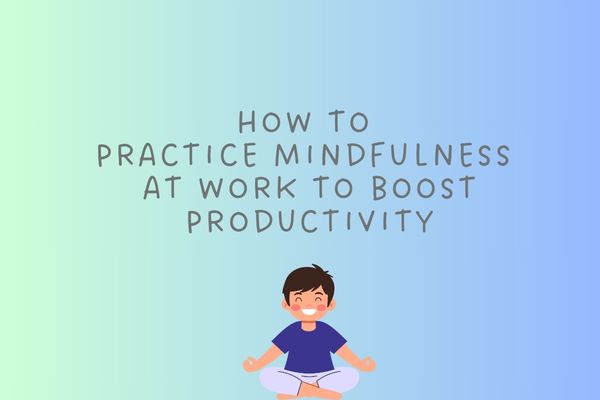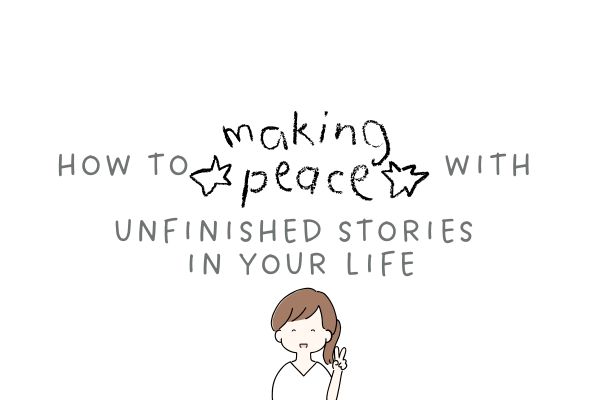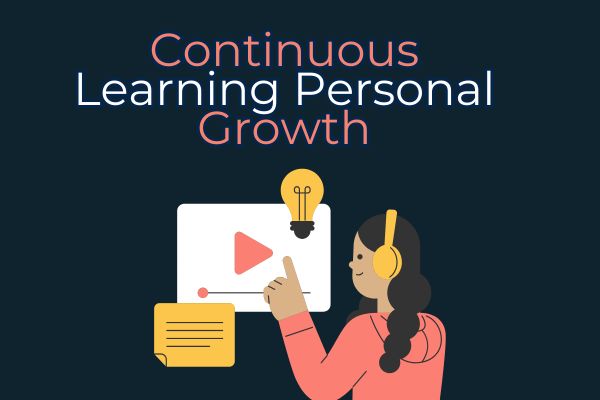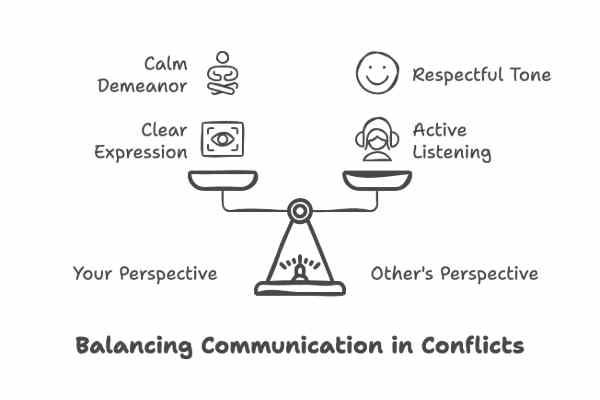If you’ve read my earlier reflections, you’ll know that my journey from chaos to clarity has been anything but straightforward. It’s been a winding road marked by moments of realization, vulnerability, and growth. Among all the tools and practices I’ve embraced along the way, one stands out for its simplicity and profound impact: journaling.
It might sound almost cliché, but the act of putting pen to paper has been nothing short of transformative for me. It’s not just about venting emotions or listing to-dos; journaling has become a cornerstone of my mental and emotional well-being, a practice that has reshaped the way I see myself and the world around me.
Let me take you back to the beginning, to the moment when I first turned to journaling in earnest, and share how this simple habit became a lifeline—and ultimately, a guiding light.
The First Entry: A Desperate Search for Clarity
In the weeks following the realization that I needed to change, I felt overwhelmed. I had acknowledged that my life needed a complete overhaul, but I didn’t know where to start. My thoughts felt like a tangled web, each strand leading to a new worry or unanswered question.
One evening, after yet another sleepless night, I stumbled across an old notebook while tidying up my desk. On a whim, I opened it and began to write. At first, the words came haltingly. I wasn’t sure what to say or how to say it. But as the minutes ticked by, something shifted. The act of writing felt like opening a pressure valve, allowing the chaos in my mind to spill onto the page.
By the time I finished, I felt lighter. My problems hadn’t disappeared, but they felt less insurmountable. That first entry was messy and raw, but it sparked something in me. For the first time in weeks, I felt a glimmer of hope.
Discovering the Power of Reflection
As I continued to journal, I began to notice patterns. Certain fears and insecurities cropped up repeatedly, often disguised as unrelated worries. By revisiting my entries, I could trace these threads back to their source. This reflective process became a form of self-therapy, helping me understand the underlying beliefs that were driving my anxiety and self-doubt.
For example, I realized that my relentless drive for achievement stemmed from a fear of inadequacy. I had internalized the idea that my worth was tied to my accomplishments, and any failure felt like a personal indictment. Writing about these fears didn’t make them vanish, but it did make them less overwhelming. It allowed me to see them for what they were: stories I’d been telling myself, not immutable truths.
Building a Daily Habit
At first, I only journaled sporadically, turning to it in moments of crisis or confusion. But over time, I began to see the value of making it a daily practice. Each morning, I set aside ten minutes to write. Sometimes I recapped the previous day; other times, I explored a specific question or emotion.
Creating this routine felt grounding. It became a ritual that anchored my day, a moment of stillness amid the busyness of life. Even on days when I didn’t feel like writing, I’d sit down and start with a single sentence. More often than not, that single sentence would lead to a flood of thoughts I didn’t even realize I was holding onto.
Gratitude Journaling: A Shift in Perspective
One of the most transformative aspects of my journaling practice has been incorporating gratitude. Inspired by the positive impact gratitude had on my mindset during earlier stages of my journey, I began ending each journal entry with three things I was grateful for.
At first, this felt forced. On tough days, I struggled to come up with anything beyond the basics: “I’m grateful for my health,” or “I’m grateful for a roof over my head.” But as the weeks went by, I found myself noticing small moments of joy and beauty throughout the day, knowing I’d want to capture them in my journal.
This practice didn’t just make me more aware of the good in my life; it also helped me reframe challenges. Even on the hardest days, there was always something to be grateful for—a lesson learned, a kind word from a friend, or simply the fact that I had the strength to keep going.
Also check: The Moment I Realized I Needed to Change
Gaining Clarity Through Writing
One of the most unexpected benefits of journaling was the clarity it brought to my decision-making. When faced with a difficult choice, I’d write about it from every angle. I’d explore my fears, hopes, and the potential outcomes of each option. This process didn’t always give me a definitive answer, but it helped me approach decisions with greater confidence and self-awareness.
For example, when I was contemplating leaving my stressful job, journaling became my sounding board. I wrote about my fears of financial instability, my guilt over disappointing my colleagues, and my longing for a healthier work-life balance. Through this process, I realized that staying in a role that was draining me wasn’t just unsustainable—it was preventing me from pursuing the life I truly wanted.
Writing as a Form of Self-Compassion
Perhaps the most profound impact of journaling has been the way it’s nurtured self-compassion. For years, I was my own harshest critic, quick to berate myself for any perceived failure. But as I wrote about my struggles and triumphs, I began to see myself with greater empathy.
Journaling allowed me to acknowledge my efforts and celebrate small victories. It reminded me that growth isn’t linear and that setbacks are a natural part of the process. Over time, I learned to extend the same kindness to myself that I would offer to a friend.
Turning the Page on Old Narratives
One of the most liberating aspects of journaling has been the opportunity to rewrite my story. Through writing, I’ve been able to challenge limiting beliefs and replace them with narratives that feel more empowering.
For example, I’d long held the belief that I needed to have everything figured out to be worthy of happiness. Journaling helped me see the absurdity of this idea and embrace the fact that life is a journey, not a destination. This shift in perspective has been incredibly freeing, allowing me to approach life with curiosity and openness rather than fear and self-doubt.
Sharing My Journey
As my journaling practice deepened, I began to share snippets of my reflections with close friends and family. To my surprise, many of them resonated with my experiences. Some even started their own journaling practices, inspired by the positive changes they saw in me.
This sense of connection has been deeply rewarding. It’s a reminder that while our journeys are unique, the struggles and triumphs we face are often universal. Sharing my story has not only strengthened my relationships but also reinforced my commitment to growth and self-discovery.
Journaling as a Lifelong Practice
Today, journaling remains an integral part of my life. It’s more than just a tool for processing emotions or organizing my thoughts; it’s a practice that keeps me grounded, centered, and connected to my true self.
There are still days when life feels overwhelming, when old fears and insecurities resurface. But now, I have a way to navigate those moments. I know that all I need to do is pick up my pen and let the words flow. In doing so, I’m reminded of my resilience, my growth, and the power of reflection.
Lessons Learned Through Journaling
If there’s one thing I’ve learned through this practice, it’s that journaling isn’t about perfection. It’s not about crafting eloquent prose or solving all your problems in a single entry. It’s about showing up—for yourself, your thoughts, and your emotions. It’s about creating space for honesty and self-compassion, even when it’s uncomfortable.
Journaling has taught me that growth doesn’t happen in a vacuum. It requires effort, patience, and a willingness to confront the messy, imperfect parts of ourselves. But it also offers immense rewards: clarity, connection, and a deeper understanding of who we are and who we want to become.
An Invitation to Begin
If you’re reading this and feeling inspired to start your own journaling practice, my advice is simple: just begin. Don’t worry about what to write or how it will sound. Start with a single thought, a single sentence, and let it unfold from there.
Your journal doesn’t need to be perfect; it just needs to be yours. Whether you’re navigating a difficult transition, seeking clarity, or simply looking for a way to connect with yourself, journaling can be a powerful ally. And who knows? It might just transform your mindset—and your life—in ways you never imagined.
